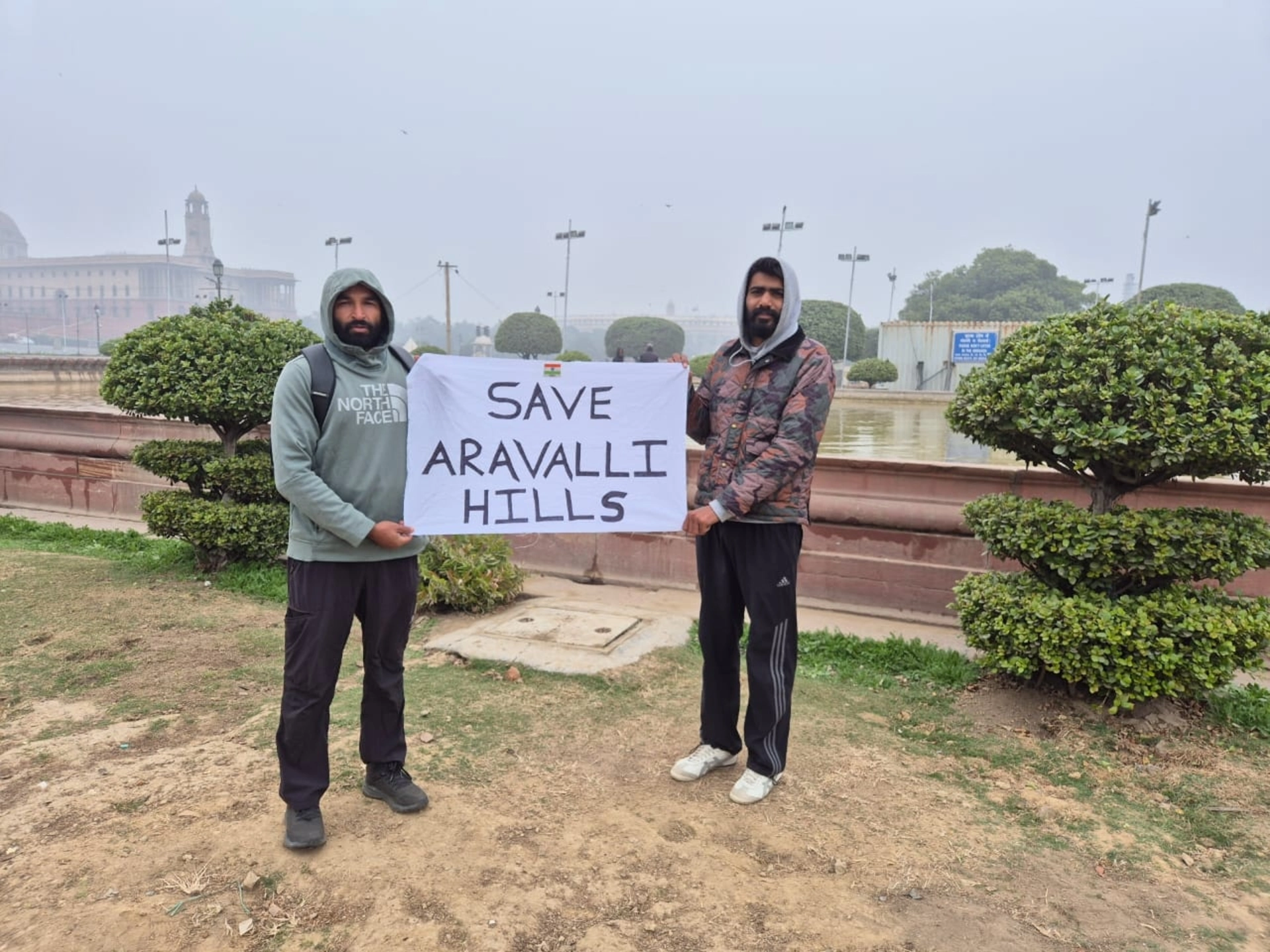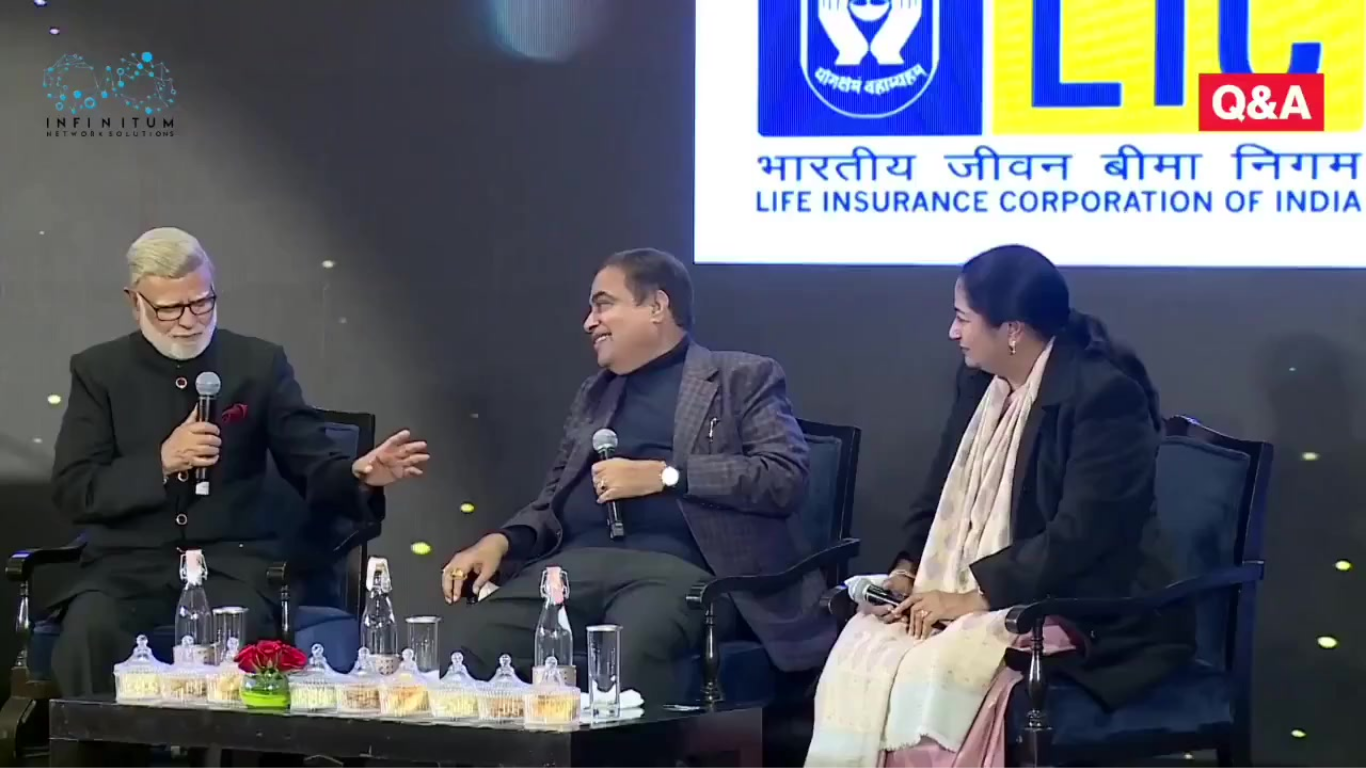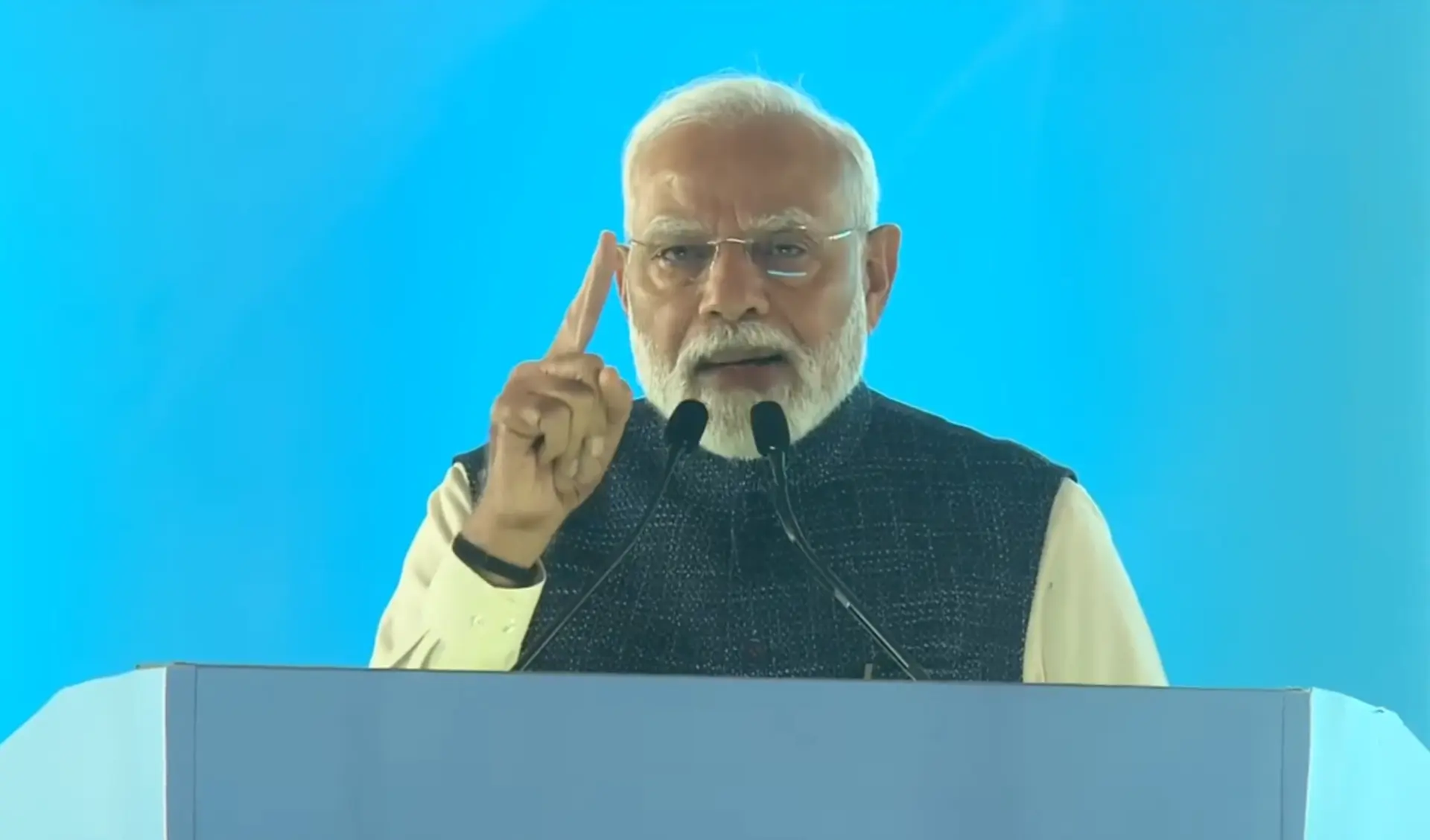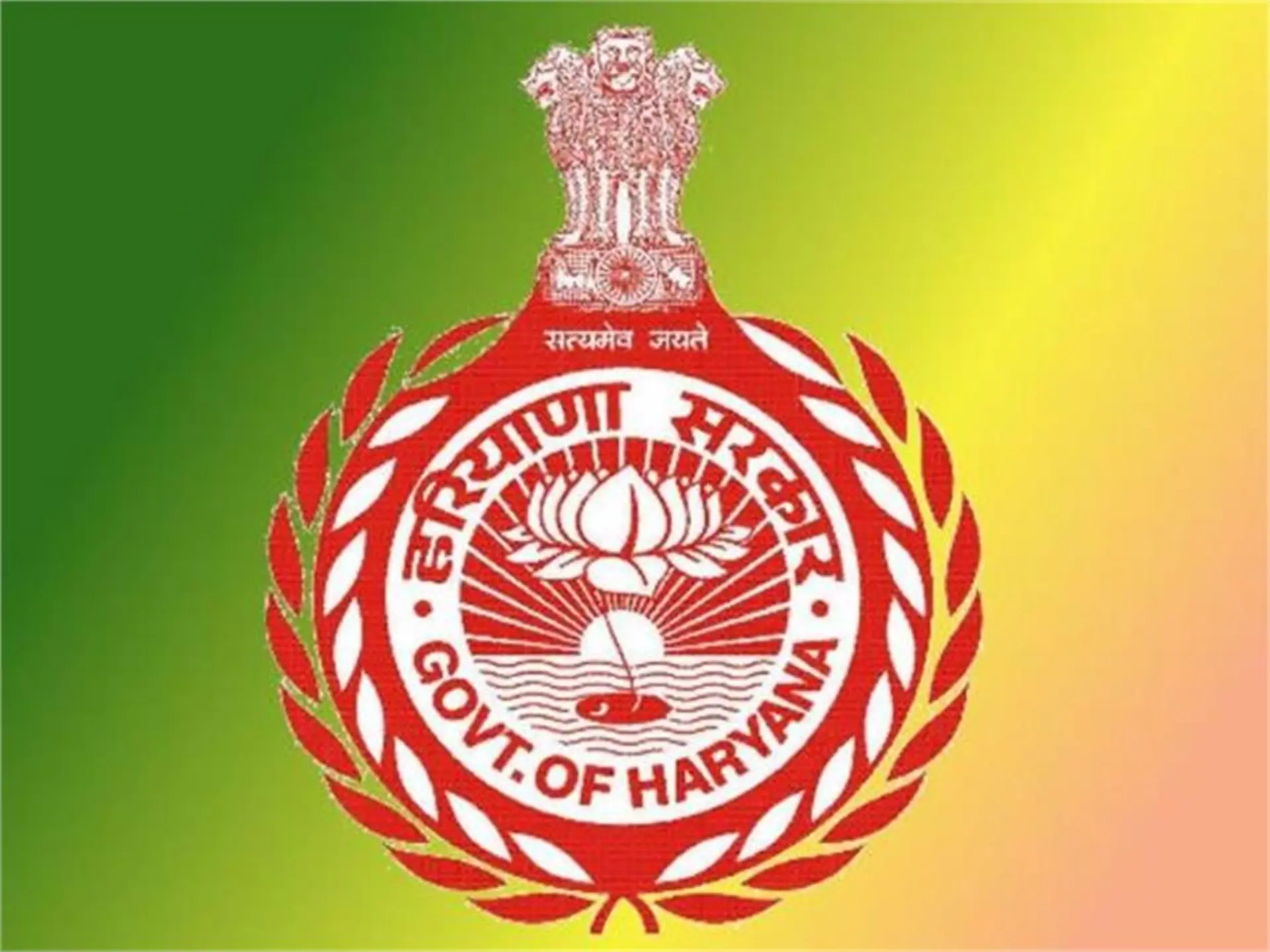
In a landmark event at Punjab Engineering College in Chandigarh, Prime Minister Narendra Modi addressed the nation, unveiling three new criminal laws that represent a radical transformation of India's judicial system. Prime Minister Narendra Modi, accompanied by Union Home Minister Amit Shah, dedicated the successful implementation of three new criminal laws to the nation. These laws, meticulously crafted over years of consultation and deliberation, aim to replace the colonial-era legal frameworks inherited from British rule.
The laws, aimed at modernizing India's criminal justice system and promoting 'Azaad Bharat Ke Apne Kanoon', were presented as a step towards ensuring speedy justice and breaking free from colonial mindsets.
Breaking the Chains of Colonial Legal System
PM Modi emphasized that the existing legal system was fundamentally designed to suppress and control the Indian population during British rule. "The laws enacted by the British in 1860 were intentionally created to keep Indians subjugated," he stated. The new criminal laws signify a decisive break from this oppressive legacy, focusing instead on citizen empowerment and social justice.
Prioritizing Citizen Rights and Speedy Justice
The new judicial code introduces several groundbreaking provisions:
- Mandatory charge framing within 60 days for serious crimes like rape
- Mandatory verdict within 45 days of initiating proceedings
- Limitation of only two adjournments per case
- Introduction of zero FIR to make filing complaints easier
- Strict restrictions on police detention powers
Protection and Empowerment of Vulnerable Populations
A significant focus of these laws is protecting marginalized communities and women. "Previously, the poor and weak were terrified of legal systems," Modi explained. "Now, the Indian Justice Code will transform this psychological barrier."
Specific provisions for women's safety include:
- Expedited legal processes for crimes against women
- Mandatory police accountability
- Victim's consent required for case withdrawal
Prime Minister expressed special gratitude to the Supreme Court, High Court judges, and particularly acknowledged Haryana and Punjab High Courts for their substantial contributions to developing these transformative legal frameworks.
Modi expressed confidence that these laws will become a milestone in India's judicial journey, representing a significant step towards more accessible, equitable, and citizen-centric legal processes.
related


₹60,000 Crore Spent, But Gurugram Still Choked: Gadkari Deflects Infrastructure Question With Auto Industry Pitch

Laying the Strongest Foundation Education Reform Language Empowerment and India’s Path to AI Sovereignty













